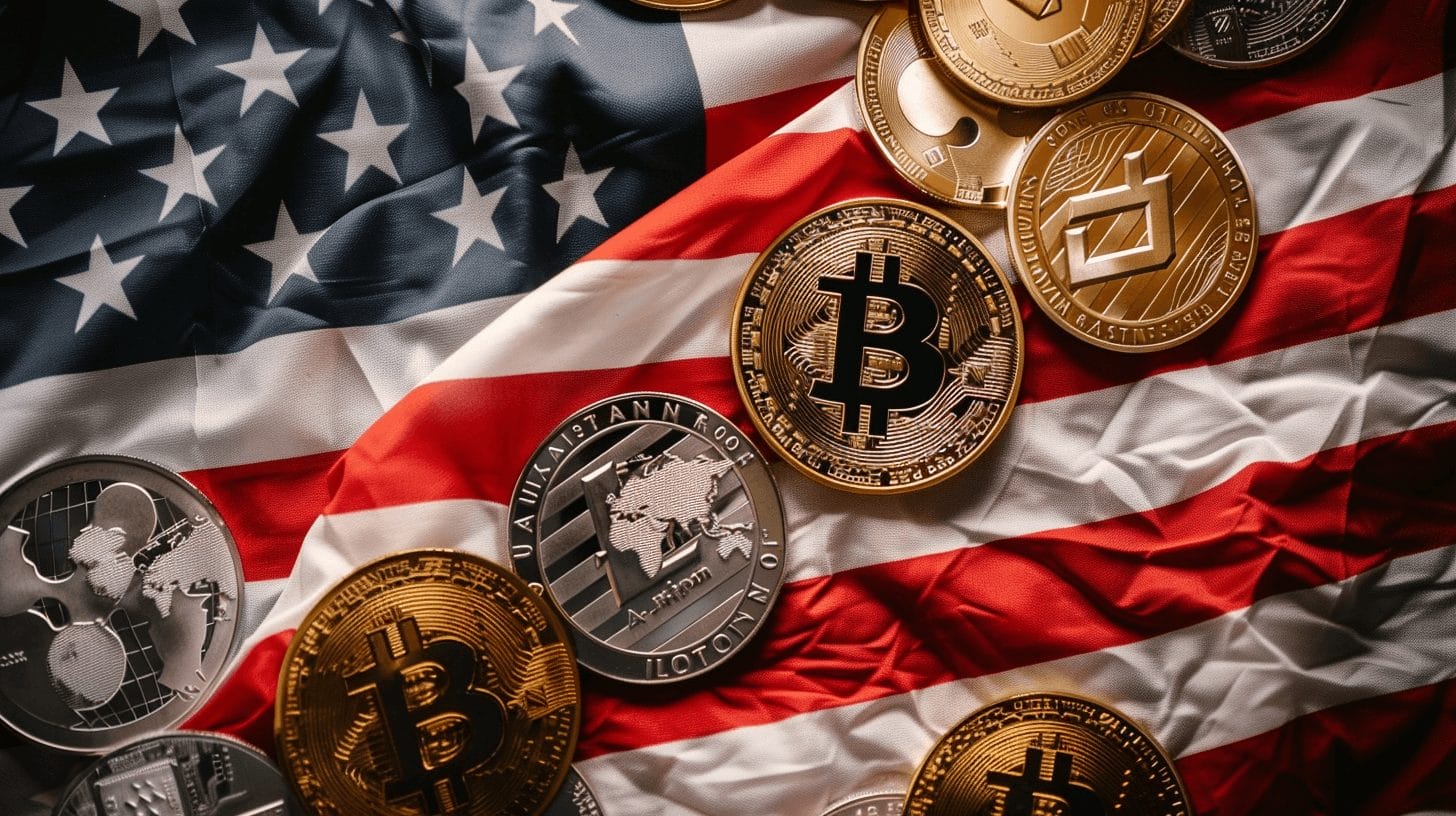
The U.S. has slapped Russia with more sanctions – this time targeting a number of crypto-related entities and individuals due to potential evasions aimed at funding the Putin-led country’s invasion of Ukraine – according to a Monday press release from the Office of Foreign Asset Control (OFAC).
U.S. Sanctions 13 Russian Crypto Companies, Two Individuals
Monday’s announcement marked a total of 13 blockchain-based entities and two individuals sanctioned in aiding Russia’s curtailing of the “international financial system to further its war against Ukraine,” OFAC’s press release reveals.
Today Treasury sanctioned 13 companies and two people for supporting Russian sanctions evasion attempts through virtual asset services. As the Kremlin seeks to leverage the financial technology space, we will continue to expose and disrupt these companies. https://t.co/NOBh53Esq5
— Treasury Department (@USTreasury) March 25, 2024
The newly sanctioned entities have “helped build or operate blockchain-based services for, or enabled virtual currency payments in, the Russian financial sector,” leading to potential sanctions evasions.
“Russia is increasingly turning to alternative payment mechanisms to circumvent U.S. sanctions and continue to fund its war against Ukraine,” said Under Secretary of the Treasury for Terrorism and Financial Intelligence, Brian E. Nelson.
“As the Kremlin seeks to leverage entities in the financial technology space,” he continued, “Treasury will continue to expose and disrupt the companies that seek to help sanctioned Russian financial institutions reconnect to the global financial system.”
On-And-Off Ramp Activities Are New Focus Point For OFAC, Chainalysis Says
Tuesday’s sanction package comes just one month after the U.S. marked the two-year anniversary of the invasion in Ukraine and the death of Russian opposition leader Alexei Navalny by sanctioning over 500 of the Putin-led country’s targets.
According to blockchain intelligence firm Chainalysis, two of the sanctioned companies, Netex24 and Bitpapa, facilitated transactions for several Russian militia and propaganda groups, including OFAC-designated MOO Veche.
Today, OFAC sanctioned 12 entities and 2 individuals for helping to build or operate blockchain-based services facilitating potential sanctions evasion on behalf of Russian nationals. Check out our blog to learn more about their on-chain activities: https://t.co/k90ApyndER
— Chainalysis (@chainalysis) March 25, 2024
Chainalysis further notes that “sanctions evasion through the utilization of cryptocurrency businesses to facilitate on- and off-ramp activities for sanctioned Russian banks appears to be a growing focus for OFAC.”
According to the U.S. Treasury, over 4,000 individuals and entities have been sanctioned in connection with Russia in the past two years alone.
“These efforts expand on an already extensive focus of the illicit Russian crypto ecosystem, which includes ransomware, darknet markets, militia groups, disinformation groups, and various other cybercrime actors,” the statement continues.
U.S. Politicians Push For Heightened Crypto Regulation
Following the February 2022 invasion of Ukraine, numerous crypto donations poured into blockchain-related organizations throughout Russia, leading “propaganda sites to the purchase of military items, like drones, weapons, bulletproof vests, communication devices and various other supplies.”
Meanwhile, U.S. politicians such as Senator Elizabeth Warren have pushed for greater regulation of the crypto sector, going so far as to draft the bipartisan Digital Asset Anti-Money Laundering Act (DAAMLA).
“Crypto is enabling rogue nations, drug lords, ransomware gangs, and fraudsters to launder billions in stolen funds, evade sanctions, fund illegal weapons programs, and profit from devastating cyberattacks,” Senator Warren said about the bill. “Our expanding coalition shows that Congress is ready to take action.”











